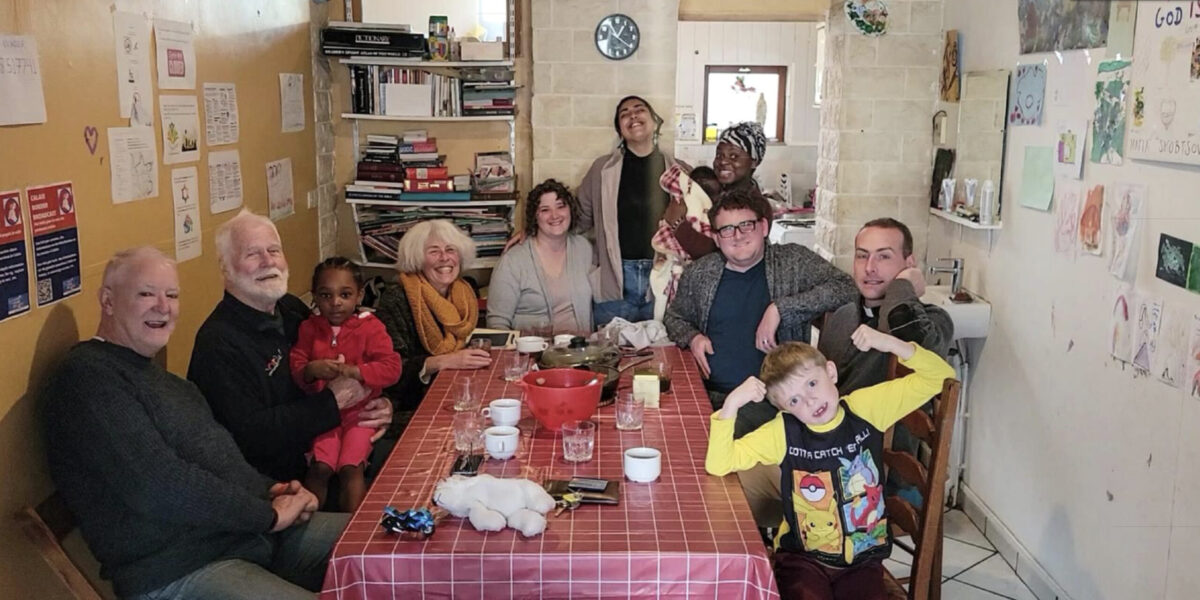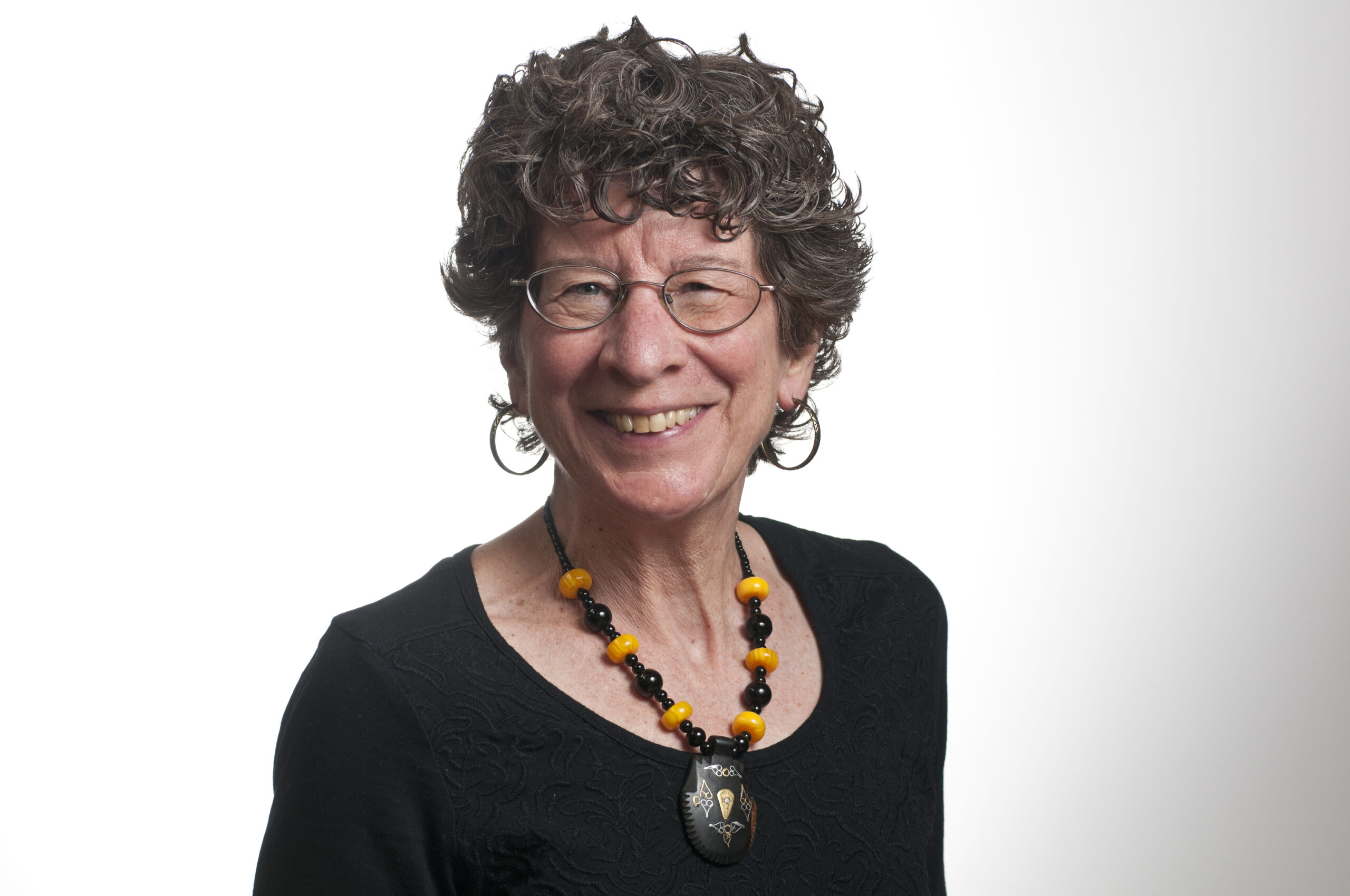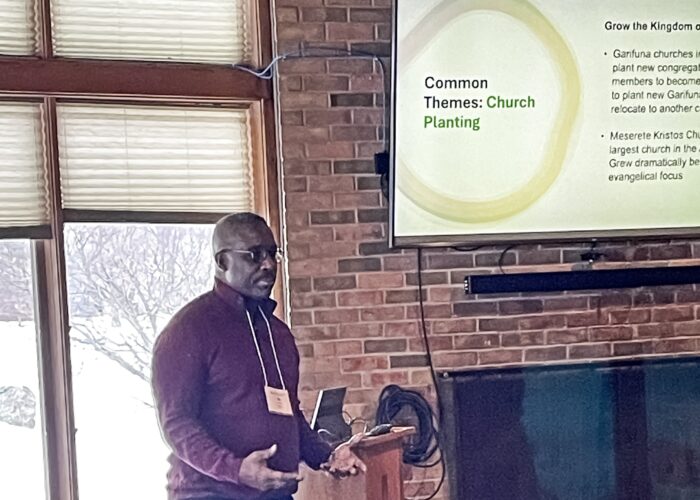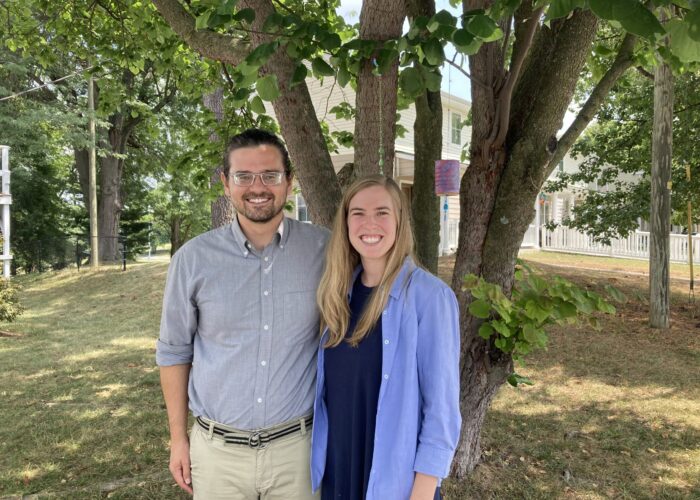November is mission
month! How is your church celebrating? Join in what God is doing around the
world by highlighting a ministry during a Sunday service in November. Mennonite
Mission Network is excited to provide stories, moment-in-mission videos and worship
materials to help your congregation celebrate and learn more about meeting
Jesus in sacred spaces. Click
here to get all the tools to make it happen!
This
week, we’re highlighting how a Mission Network family
joined in a ministry of hospitality for refugees in France.
Peals of laughter erupted from the women gathered around Rachel Givens during her family’s visit to Maria Skobtsova House in Calais, France. Givens’ new friends from Sudan were introducing her to sugar-waxing, a traditional method of hair removal that uses a paste made from sugar, water and lemons.
"It was beautiful to hear the women laughing, despite the terrible situations they have endured," Joseph Givens, Rachel’s husband said.
Joseph and Rachel Givens, with their two sons, Elijah, 7, and Micaiah, 4, traveled to Calais, March 26 – April 9, for an orientation with Mennonite Mission Network and organizations that serve communities of refugees there. In August, the Givens hope to begin an assignment that will include organizing volunteers and managing daily life at Maria Skobtsova House, a place that welcomes people who have fled violence in their home countries in Africa and the Middle East. Most of the refugees in Calais are waiting to cross the English Channel and begin a new life in the United Kingdom. Having survived seemingly insurmountable dangers already, they face new animosity and racism throughout Europe.
For its day-to-day functions, Maria Skobtsova House depends on volunteers, most of whom are young and can only make short-term commitments. Heba, a 19-year-old Iraqi-American woman from Detroit, Michigan, quickly became a friend to the Givens and was an invaluable help to their family, as she is fluent in Arabic and English. Note: Heba prefers to be identified by her first name only.
"We are looking forward to getting involved in the lives of young people," Rachel Givens said. She described how the couple’s life experiences and giftings have prepared them to mentor young adults who are finding their way in the world and discerning God’s call. In addition to their work at Maria Skobtsova House, the Givens will be a pastoral support to volunteers with other organizations in the region.
"Rachel is a natural confidant," Joseph Givens said. "People instinctively seem to know they can trust her."
Hospitality at the Maria Skobtsova House continues the spirit of Dorothy Day, one of the founders of the Catholic Worker Movement, and Maria Skobtsova, recognized as a saint in the Eastern Orthodox Church for her ministry among Jews during the Holocaust. The House provides refuge, food and shelter — and, yes, even laughter — to people whose only possessions are what they carry on their backs. Patricia Wendzinski, a Maria Skobtsova House board member, said that she always finds joy at the House.
Joy is hard to find for most of the 2,000 people who have fled from their home countries and who are passing through Calais. Many of them sleep in clusters of makeshift shelters in areas that are called "jungles" by established residents. However, city authorities frequently bulldoze the wooded areas where people have constructed protection from the cold wind and rain that rolls into Calais from the English Channel.
The Givens family heard a local saying, which was withheld from the people experiencing homelessness: "There is no sun in the sky. We carry it in our hearts."
Joseph and Rachel Givens described Calais as a "beautiful, old town," located in one of the poorest and most politically conservative regions in France. The municipal government attempts to criminalize providing aid — even offering water! — to people taking refuge there. Calais homeowners said that the encampments cause less disruption to their lives than the teargas that the police spray to force removal.
The Givens family spent much of their time getting acquainted with the organizations that provide life necessities to newcomers living on the edge: documentation of human rights abuses and legal assistance, prefab sheds for storage and offices, mobile health clinics, wood for cooking and warmth, playrooms for children, and places of welcome for food and conversation — some exclusively for women, which allows them to socialize without hijabs (head coverings worn by Muslim women).
Maria Skobtsova’s first house opened its doors in Paris to shelter Jews fleeing Nazi persecution. For living out her faith in this way, Skobtsova was murdered at the Ravensbrück concentration camp in 1945. Mission Network, through the Givens’ ministry, in solidarity with many others, is working to carry on this kind of radical love and faithfulness.
"Though we hope not to be executed," Joseph Givens joked, returning to the healing laughter can bring joy in the struggle against injustice and great suffering.





